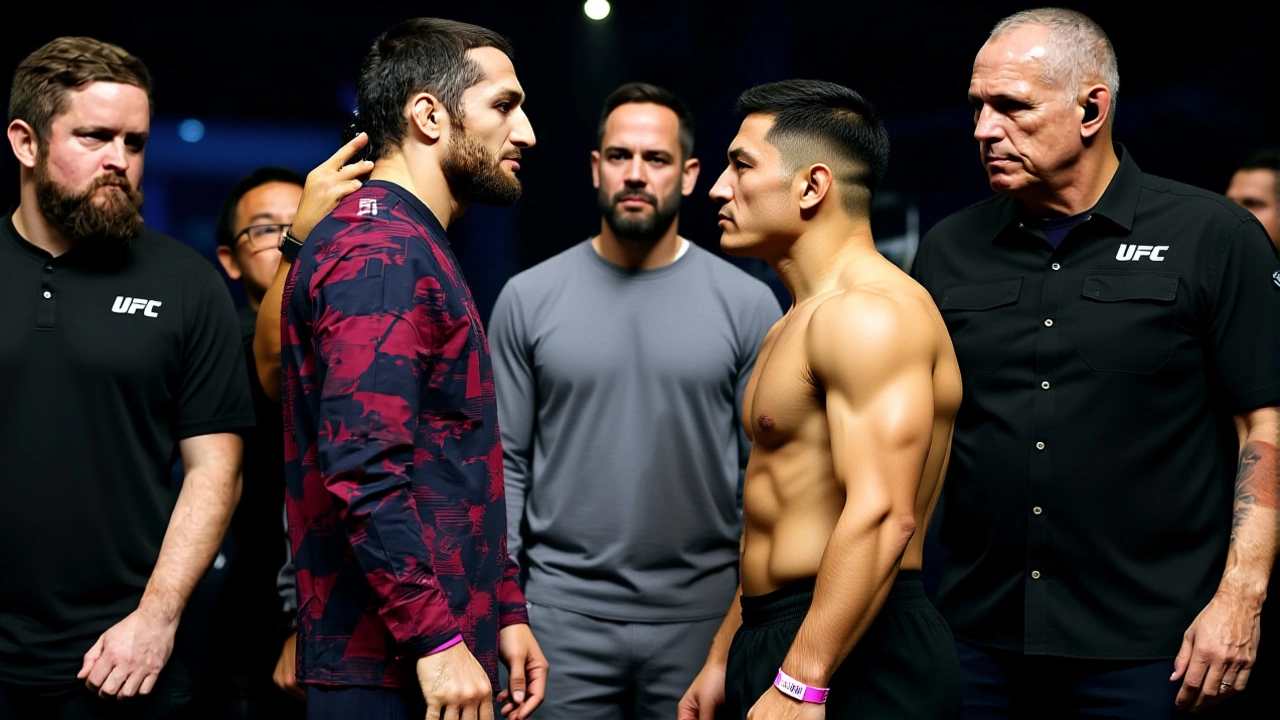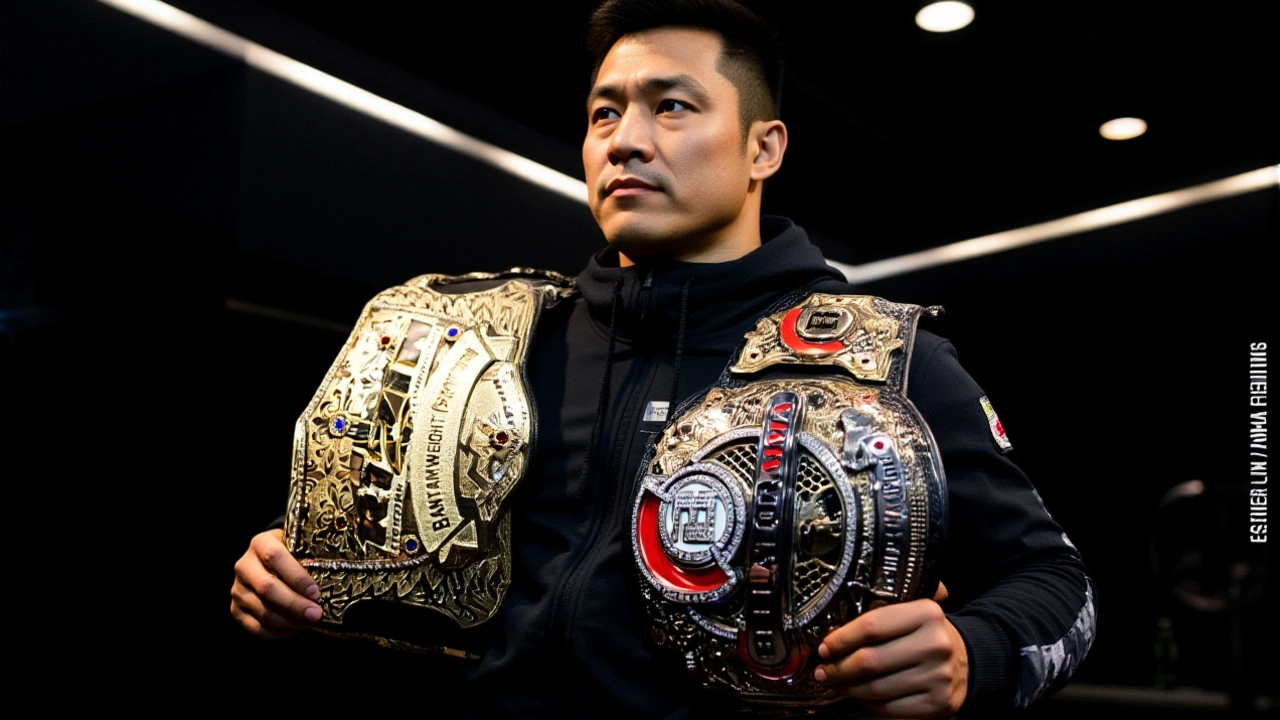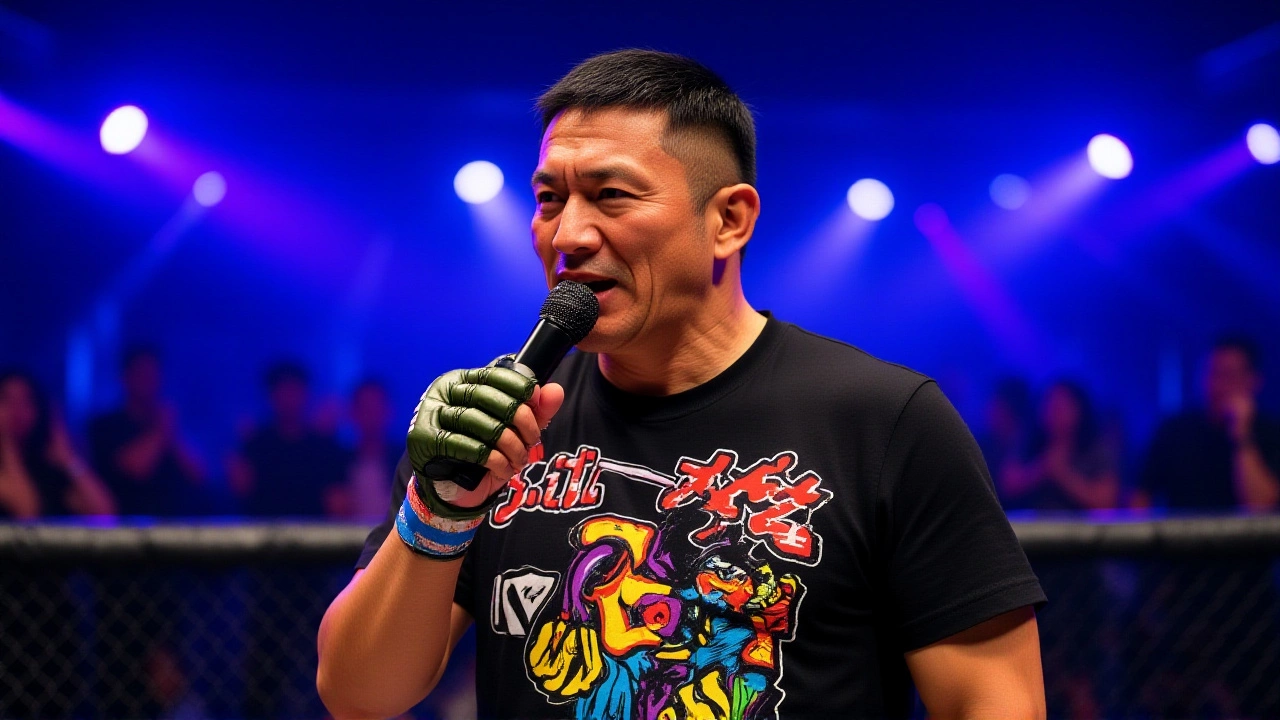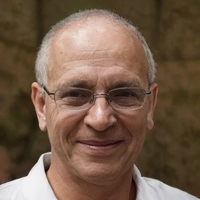
At 4:17 p.m. Arabia Standard Time on November 23, 2025, the Lusail Sports Arena in Doha, Qatar, fell silent—then erupted. Kyoji Horiguchi, the 35-year-old Japanese veteran from Kanagawa, had just ended Tagir Ulanbekov’s fight with a single, devastating head kick and a textbook rear-naked choke. No dramatic buildup. No prolonged struggle. Just surgical precision—and a fighter asleep in the center of the octagon.
The Knockout That Shook the Flyweight Division
At 3:48 of Round 2, Horiguchi saw Ulanbekov lean in, expecting a takedown. Instead, he unleashed a left head kick that landed flush on the right temple. Ulanbekov’s legs buckled like wet cardboard. He dropped hard, eyes glazed, arms flailing. Horiguchi didn’t hesitate. He pounced, transitioning to back mount by 3:59, locking his legs in a body triangle by 4:03, and cinching the choke by 4:09. The pressure was relentless. By 4:17, ringside physician Dr. Margaret Houston of the Qatar Athletics Federation stepped in. Ulanbekov was out cold. The stoppage was unanimous. All three judges had scored the fight 10-9, 10-8 for Horiguchi before the finish. Referee Chris Tognoni didn’t even need to wave it off—the medical team did it for him.What Led to This Moment?
This wasn’t luck. It was repetition. Horiguchi’s head coach, Hiroyuki Abe of Teiken Boxing Gym, confirmed after the fight that they’d drilled this exact sequence 127 times in camp. "Kyoji’s timing on the kick was 0.3 seconds faster than our simulations," Abe said at 5:10 p.m. AST. That’s not just skill—it’s obsession. Ulanbekov, 33, a former Fight Nights Global champion from Makhachkala, Russia, came in with a 17-2 record and momentum. He’d beaten Jussier Formiga in February 2024 and was seen as a rising threat in the flyweight ranks. But he’d never faced someone with Horiguchi’s timing, cage IQ, or submission ruthlessness. The last time these two fighters shared the octagon? Horiguchi lost to Ulanbekov’s training partner, Alex Perez, in 2021. That loss haunted him. This win? It was redemption wrapped in adrenaline.The Financial Fallout
Horiguchi walked away with $200,000. His base pay? $150,000. The $50,000 Performance of the Night bonus? A well-deserved cherry on top. Ulanbekov? $50,000. No win bonus. No bonus at all. The event, officially UFC Fight Night: Yan vs. Figueiredo (UFC on ESPN+ 97), generated an estimated $135 million from 2.7 million global pay-per-view buys, according to the Qatar Ministry of Sports and Youth. ESPN+ alone saw 437,000 concurrent U.S. viewers—proof that the Middle East is no longer just a market for UFC, but a stage for its biggest moments.
What This Means for the Flyweight Division
Horiguchi’s record now stands at 32-5-0 (1 NC), with 21 wins by submission—second-most in UFC flyweight history. He’s no longer just a veteran. He’s a contender. And UFC President Dana White made that clear at the post-fight press conference in the Lusail Arena Media Center: "This performance puts Horiguchi directly in line for a title eliminator bout—we’re targeting February 8, 2026 at UFC 300 in Abu Dhabi for his next assignment." The flyweight division has been stagnant since Deiveson Figueiredo’s departure. Now, with Horiguchi back on the map, the door is wide open. Could he face current champ Alexandre Pantoja? Or perhaps the surging Ode’ Osbourne? The board is set.Why This Fight Matters Beyond the Octagon
Qatar’s investment in combat sports isn’t just about prestige—it’s about global positioning. The Lusail Sports Arena, a $1.2 billion venue built for the 2022 World Cup, now hosts elite MMA events with the same polish as boxing’s Madison Square Garden. With 14,238 fans in attendance and global viewership soaring, UFC has proven it can thrive outside traditional markets. And then there’s the human story: Horiguchi, once written off after losses in 2022, returning with discipline, patience, and a killer instinct. He didn’t just win—he reminded everyone why we watch MMA.
What’s Next?
UFC 300 on February 8, 2026, in Abu Dhabi is already penciled in as Horiguchi’s next step. But don’t be surprised if he’s announced sooner—perhaps as a replacement on the December card if someone pulls out. Meanwhile, Ulanbekov will need to regroup. A loss like this can derail momentum. Will he bounce back? Or will this be the moment he fades from title contention?One thing’s certain: in the world of MMA, one kick can change everything.
Frequently Asked Questions
How did Kyoji Horiguchi’s performance compare to his past UFC fights?
Horiguchi’s win over Ulanbekov was his most dominant UFC performance since 2019. He’d lost three of his last five fights, including a decision loss to Alex Perez in 2021. This victory—marked by a head kick and rear-naked choke—was his first finish in the UFC since 2018 and showcased a level of precision he hadn’t displayed in years. His 21 submission wins are now the second-highest in UFC flyweight history.
Why was the rear-naked choke so effective against Ulanbekov?
Ulanbekov, known for his wrestling and durability, had never been finished by a choke in his career. But Horiguchi’s timing was flawless: the head kick stunned him before he could reset, and the immediate transition to back control prevented any defensive posture. The body triangle locked his hips, eliminating escape options. Once the choke was locked, Ulanbekov’s oxygen supply was cut off in under eight seconds—a textbook finish.
What role did the Qatar Sports Integrity Authority play in this fight?
The Qatar Sports Integrity Authority sanctioned the bout under Unified Rules of MMA and oversaw all medical protocols. Their presence ensured compliance with global standards, including pre-fight drug testing and in-fight medical oversight. Dr. Margaret Houston, the ringside physician who stopped the fight, is certified by the authority and has officiated over 40 UFC events in the region since 2021.
How does this result impact UFC’s expansion strategy in the Middle East?
The event’s 2.7 million PPV buys and $135 million revenue prove the Middle East is a viable, high-growth market. UFC has now held five events in Qatar since 2022, and with venues like Lusail Sports Arena offering world-class infrastructure, future cards are likely. Dana White has hinted at a potential "UFC Qatar" branded series starting in 2027, possibly featuring regional fighters alongside international stars.
Could Tagir Ulanbekov recover from this loss?
Yes—but it won’t be easy. Ulanbekov’s two losses in the UFC have both come by finish, and this was his first time being knocked unconscious. He’ll need a technical reset: perhaps a new coach, time away from the spotlight, and a return to the regional circuit. His last win was in February 2024; if he doesn’t rebound by late 2026, he risks slipping out of the top 15.
What’s the significance of Horiguchi’s $200,000 payout?
It’s a career-high for Horiguchi and reflects UFC’s growing willingness to reward veterans who deliver spectacle. His previous highest payout was $120,000 in 2019. The $50,000 bonus was awarded not just for the finish, but for elevating the entire card. With UFC 300 looming, this payday signals he’s now in the elite tier—not just as a fighter, but as a draw.
